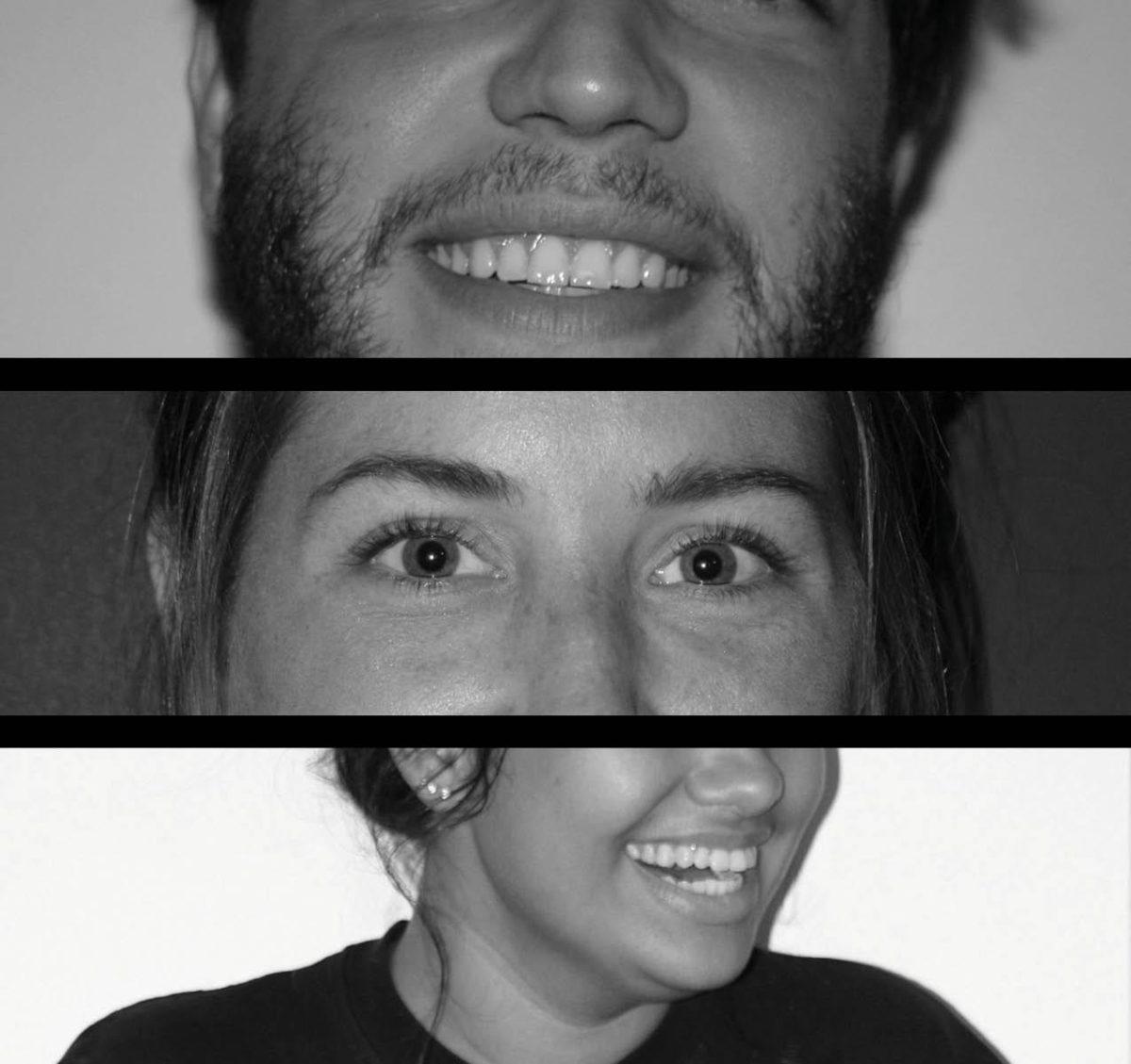Looking into the mirror, flaws can become magnified. Some develop into something more serious, such as an eating disorder, image issue or body dysmorphic disorder.
According to the National Eating Disorders Association, 20 million women and 10 million men suffer from a clinically significant eating disorder at some point in their life.
“There’s such a culture in college to be thin and fit,” Tiffany Stewart, director of the behavior technology laboratory at Pennington Biomedical Research Center, said. “At this point, there’s a low level of these behaviors going on with almost everyone.”
Clinical disordered eating, which is not diagnosed, can be classified as
OSFED (other specified feeding or eating disorder), previously known as EDNOS (eating disorder not otherwise specified). Psychology senior Eva Someillan-Toohey has suffered from this disorder for six years.
In high school Someillan-Toohey said she would not eat substantially for weeks. Her daily meal might consist of Oreos and a Diet Coke, a small serving of carrots or just a sandwich. She would then binge eat for days after.
“I convinced myself that I just didn’t need to eat, that I was prettier if I didn’t eat,” she said.
At her lowest point, Someillan-Toohey, who is five-foot-six-inches, weighed 102 pounds.
The road to recovery began for Someillan-Toohey when she started college. She made friends who cared for her, and having the ability to set her own schedule made it easier for her to eat well.
“I became a happier person in college, and because of that, I no longer relied upon my eating disorder to make me feel good,” Someillan-Toohey said. “I joke about how my ‘Freshman 15’ was like a ‘Freshman 40,’ but that’s okay because I only weighed 102 pounds to begin with.”
Today, Someillan-Toohey still considers herself to be in recovery. She may not be fazed when someone makes a comment about her appearance, but she is still learning how to love her body.
“I’m still never going to look like Kim [Kardashian], which is heartbreaking,” Someillan-Toohey laughed. “I just don’t have the money for that.”
Another disorder that can develop from body insecurities is body dysmorphic disorder (BDD). Men with this disorder typically experience muscle dysmorphia, or the perception that one’s muscles are too small. Biology junior Bao Tran suffers from this form of BDD.
Tran said he was chubby as a child until he started playing sports in high school, when he began to trim down and gain muscle. But when a girl told him his
muscles were too small, Bao started to work out at the gym in addition to all the sports he played. He realized his workout routine was excessive when he injured himself, describing it as a wake-up call.
“I kind of had a realization that I’m trying to push myself too hard to grow, when I should just let it naturally happen,” he said.
Tran still works out regularly, but he focuses more on strength training than muscle growth. While he still doesn’t believe he is muscular or toned enough, Tran said his awareness of his condition is helping him overcome it. He say he realizes there are more important things than his appearance to work on, like his studies.
“The need to grow eventually was surpassed by my needs for education and success,” Bao said.
Whether or not there is a diagnosis, body image issues can still affect an individual. English secondary education senior Whitney Lynn has struggled with body image issues since the age of 10.
“I’ve always been ‘the big girl,’ from the time I was little,” Lynn said.
Lynn says she was bullied in middle school and high school for her weight. She remembers excusing herself to cry in the bathroom and splash water on her face before returning to class.
Lynn uses those negative experiences from her childhood to motivate her work ethic today.
She hired a personal trainer at the UREC her freshman year and joined CHAARG, a fitness club for women on campus, her sophomore year.
“[I think] finding a love for working out has helped me combat those issues, because I have… been able to see myself get stronger,” Lynn said.
Lynn now works as a personal trainer and makes sure she’s eating right, and working out. If she gains weight or does not look fit or toned, Lynn believes her clients will not take her seriously.
Despite occasional self-doubt, Lynn has developed the discipline to stay healthy and fit. She leans on her friends for moral support and continues working out on a regular basis.
If you or someone you know is dealing with body image issues, visit the LSU Student Health Center’s website at lsu.edu/shc for more information on making an appointment and other resources.
Mirror Image: When flaws become obessions, college students may wish they looked like someone else
November 14, 2016






